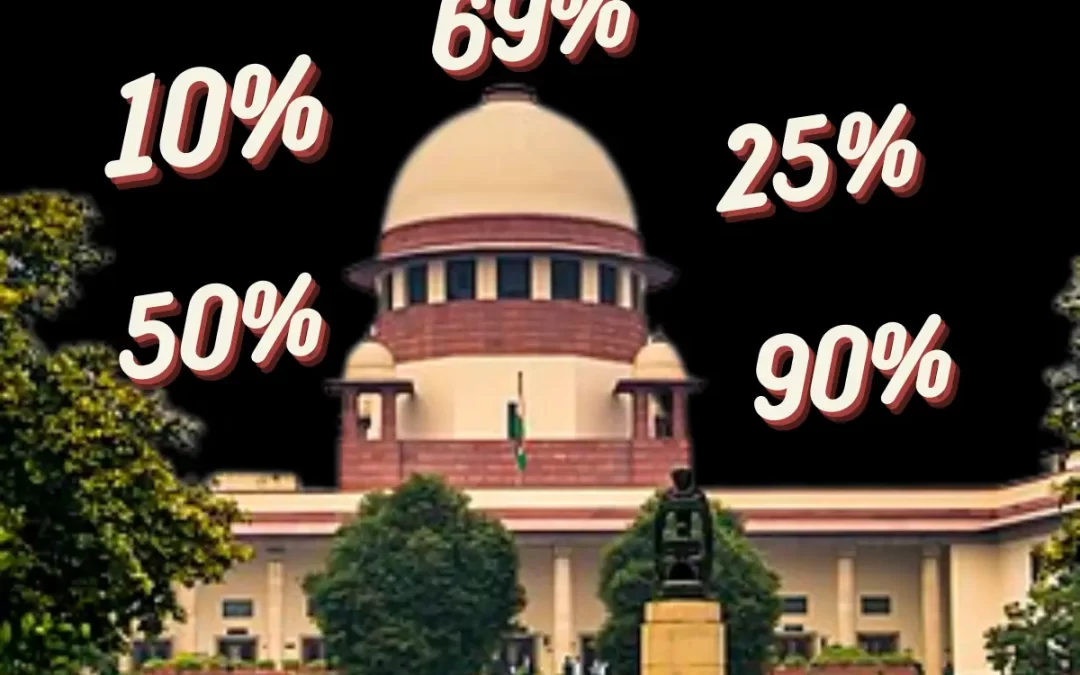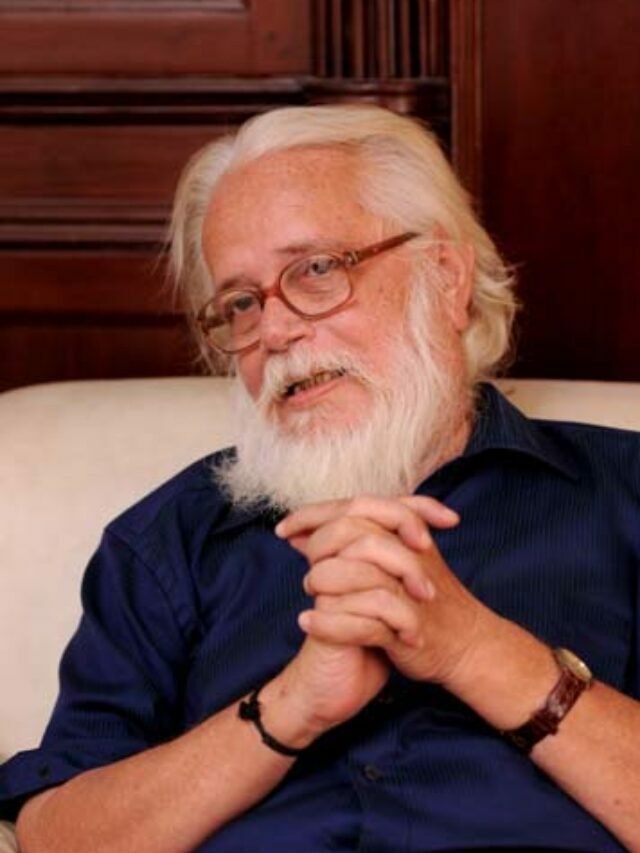Read in : தமிழ்
The Supreme Court upholding the 103rd Constitutional amendment providing ten per cent reservation for the Economically Weaker Sections (EWS) among the forward castes in government jobs and education has given a fillip to the demands of caste census and proportional reservation for all communities in Tamil Nadu, the birthplace of reservation. Following the removal of the 50 per cent reservation ceiling, parties are coming up with demands of increasing the quota for the BC, SC and ST communities.
At a time when the BJP is projecting itself as a non-Brahmin party in Tamil Nadu by appointing a non-Brahmin leader like K Annamalai as State president and giving major posts to Tamilisai Soundarrajan and L Murugan, the EWS quota comes as a handy tool for its opponents to accuse the BJP of serving the interests of the upper castes while pretending to be the party of all Hindus.
The DMK, one of the parties opposing EWS in the Supreme Court, announced that it would file a review petition in the Supreme Court. Party general secretary K Duraimurugan who announced the decision said the decision of the five-member Bench contradicts the verdicts of larger Benches in an apparent reference to the judgment of the nine-member Bench on the Mandal Commission.
It was widely expected that the DMK would file a review petition since Dravidar Kazhagam leader K Veeramani had advised the party to do so, immediately after the verdict. The combined action of the Tamil Nadu government would be decided after an all-party meeting on November 12. The silence of principal opposition leader Edappadi K Palaniswami is conspicuous and he is likely to air his views at the all the meeting.
The DMK, one of the parties opposing EWS in the Supreme Court, announced that it would file a review petition in the Supreme Court
Viduthalai Chiruthaigal Katchi (VCK) leader Thol Thirumavalavan said the Union government is working against OBCs, SC and ST communities who form the majority of Hindus and for the welfare of the upper castes. The Central government had not filled thousands of backlog vacancies for OBCs, SC and ST communities is showing keenness to implement reservation for forward castes who earn up to Rs 8 lakh per annum, he said. He also vowed to file a curative petition against the verdict of the five-member Bench.
MDMK leader Vaiko expects ‘a prolonged battle for social justice’ and if it comes true, the DMK and its allies are likely to take it up as an election issue for the 2024 Parliament elections with the promise of repealing or amending the 103rd amendment to include the OBCs. SC and ST people from the EWS category. Suggestions for including all categories in the EWS have already come from some outfits.
Also Read: Vanniyar: SC ruling accepts caste-based quota; ball in DMK court
The views of one of the judges that EWS would not affect the other categories are being questioned by several leaders. The meritorious candidates among the OBCs, SC and ST communities can obtain seats in the general category too. The ten per cent EWS quota would reduce the seats under the general category denying seats for the meritorious candidates among them.
PMK demanding increase of reservation for OBCs, SC and ST communities after the removal of the 50 per cent ceiling is not surprising. But, the State unit of the Congress too came out with the same suggestion. The party which voted for the EWS Bill in Parliament specifically pointed out that the ceiling had been removed.
Former Chief Minister O Panneerselvam, former Chief Minister J Jayalalithaa’s aide VK Sasikala and Amma Makkal Munnetra Kazhagam leader TTV Dhinkaran, who were ready to join hands with the BJP too opposed the judgment. Naam Thamizhar party and actor Kamal Haasan’s Makkal Needhi Maiyam too joined the opposition, totally isolating the BJP. Most of the leaders cited the Rs 8 lakh per annum ceiling for EWS and pointed out that Rs. 2.5 lakh is the ceiling for Income Tax exemption, raising the question if the BJP would increase the IT exemption to more than Rs 8 lakh.
PMK demanding increase of reservation for OBCs, SC and ST communities after the removal of the 50 per cent ceiling is not surprising. But, the State unit of the Congress too came out with the same suggestion. The party which voted for the EWS Bill in Parliament specifically pointed out that the ceiling had been removed
The CPI has totally opposed the judgment saying economy could not be criteria for since it is not stable. It also questioned how economic criteria could be applied for upper castes alone. The CPM which voted for the Bill too expressed its reservations about the annual income ceiling of Rs 8 lakh.
It also sought to play down the judgment saying that ten per cent for EWS is not compulsory as per the verdict and demanded a caste census for the general category to decide the amount of quota. The CPI (M) has avoided the word ‘upper caste’ and consistently used the word ‘general category’.
Also Read: Reservation: How it started 100 years ago
Chief Justice UU Lalit and Justice Ravindra Bhat who delivered the minority verdict had cited official data that 80 per cent of the people in below poverty line are from OBC, ST and SC communities.
As per NSSO statistics of 2004-2005 overall 31.7 crore people were Below the Poverty Line. People belonging to SC communities topped the list in the BPL with 7.74 crore followed by ST who are 4.25 crore. In the OBC category 13.84 crore fall under the BPL and only 5.85 crore people are from the upper castes. That 5.85 crore people alone are considered economically weaker eligible for separate reservation is certain to be an issue of debate in Tamil Nadu, the pioneer of reservation policy.
Read in : தமிழ்














